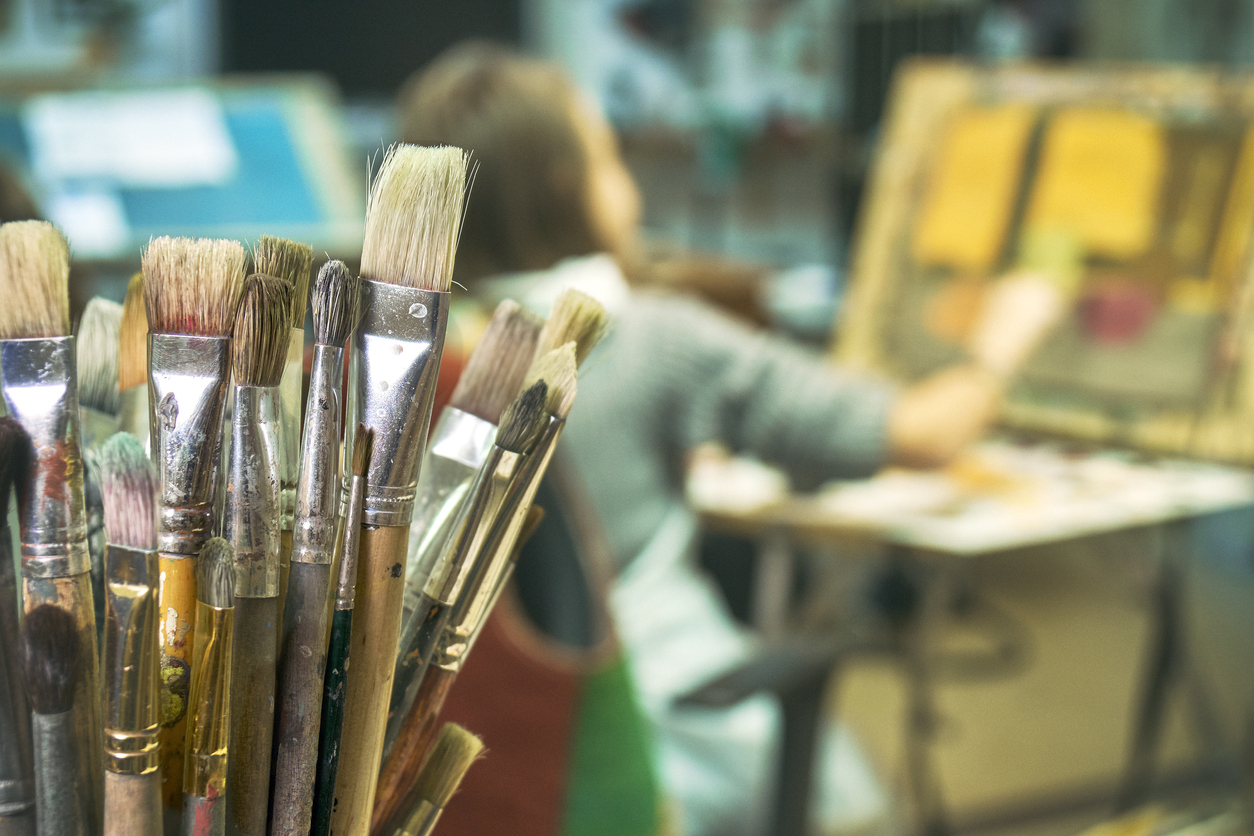5 ways art therapy can help children and young people in residential care

At Ashdale Care, we’re committed to building positive outcomes for our children and young people by providing a safe and productive learning environment. Of course, not all children learn in the same way which is why we use different approaches and individualised care plans to support and encourage our young people. This month, we’re shining a spotlight on the work we do in our art therapy department and the positive impact this medium can have on children in residential care.
What is art therapy?
Art therapy is a tried and tested form of therapeutic intervention that can have a hugely positive impact on young people’s emotional, behavioural and social health. An art therapist is trained in both psychotherapy and art and has the ability to focus each project to the needs of the individual.
How does art therapy work?
Art is a form of expression and allows those engaging with it to communicate in a unique way. Unlike with a traditional art class, there’s no emphasis on creating a finished product and no artistic talent is necessary. Art therapy focuses on expressing thoughts, emotions and feelings that may be difficult to process.
It’s beneficial for all ages from toddlers to the elderly and has been used to great effect with the young people in our Ashdale Homes.
5 benefits of art therapy for young people
Here are five reasons we at Ashdale Care believe that art therapy can benefit young people in residential care:
1. Art therapy is a pressure-free environment
For some young people, one-to-one therapy can feel a little intense or overwhelming. It may seem pressured to young people that struggle with one-to-one interactions with adults. During art therapy, young people are free to respond to stimulus and directions rather than discussing difficult issues directly. The focus is on the work being created rather than them as individuals, this allows young people to open up at their own pace.
2. Teens can express themselves freely through art therapy
More traditional forms of therapy often rely on verbal communication skills. For some young people, including non-verbal teens and those with learning difficulties, the ability to communicate without the need for words is a freeing experience. Teens can express themselves visually. In cases where teens or young people find the issues they’re facing too difficult to talk about, art can prove to be a very powerful medium of self expression.
3. Young people will gain confidence from the process of making art
Whether the young person in our care is painting, drawing or sculpting they’ll notice improvements in their work as they continue to practice. Of course, the end product is far less important than the process of self-expression but for young people looking to find their place in the world, growing these talents will show them that things can improve over time and with a little effort.
The development of new skills and resources also allows children and young people to explore new coping mechanisms and better understand emotional triggers.
4. Art therapy gives a young person a sense of control
During art therapy sessions, our young people are encouraged to verbalise and discuss the issues that they’re facing but it’s up to them where they focus their thoughts. They can talk when they’re ready and discuss what matters to them at their own pace – this gives them a greater sense of control over their own healing process.
5. Art therapy can build a lifelong passion
At Ashdale, we want to give our children and young people the skills they need to become functional, independent adults. Following sessions of art therapy, young people may discover a life-long interest in art. It can also be used as a coping mechanism during difficult times for years to come.
The positive effects of gaining new skills and finding a creative outlet cannot be overstressed. Using art as a treatment has many benefits and very little risk. Students can take away their artworks as a reminder of what they’ve learned and continue to benefit from the session.